Back in March, Florida Governor Ron DeSantis signed a law banning homeless and unhoused residents from sleeping in public parks and sidewalks.
This law is set to go into effect in just a couple of weeks. As the deadline draws near, homeless advocates and city officials have raised their voices in renewed criticism of the law as the full financial impact and consequences of its measures are being felt.
DeSantis’ Law
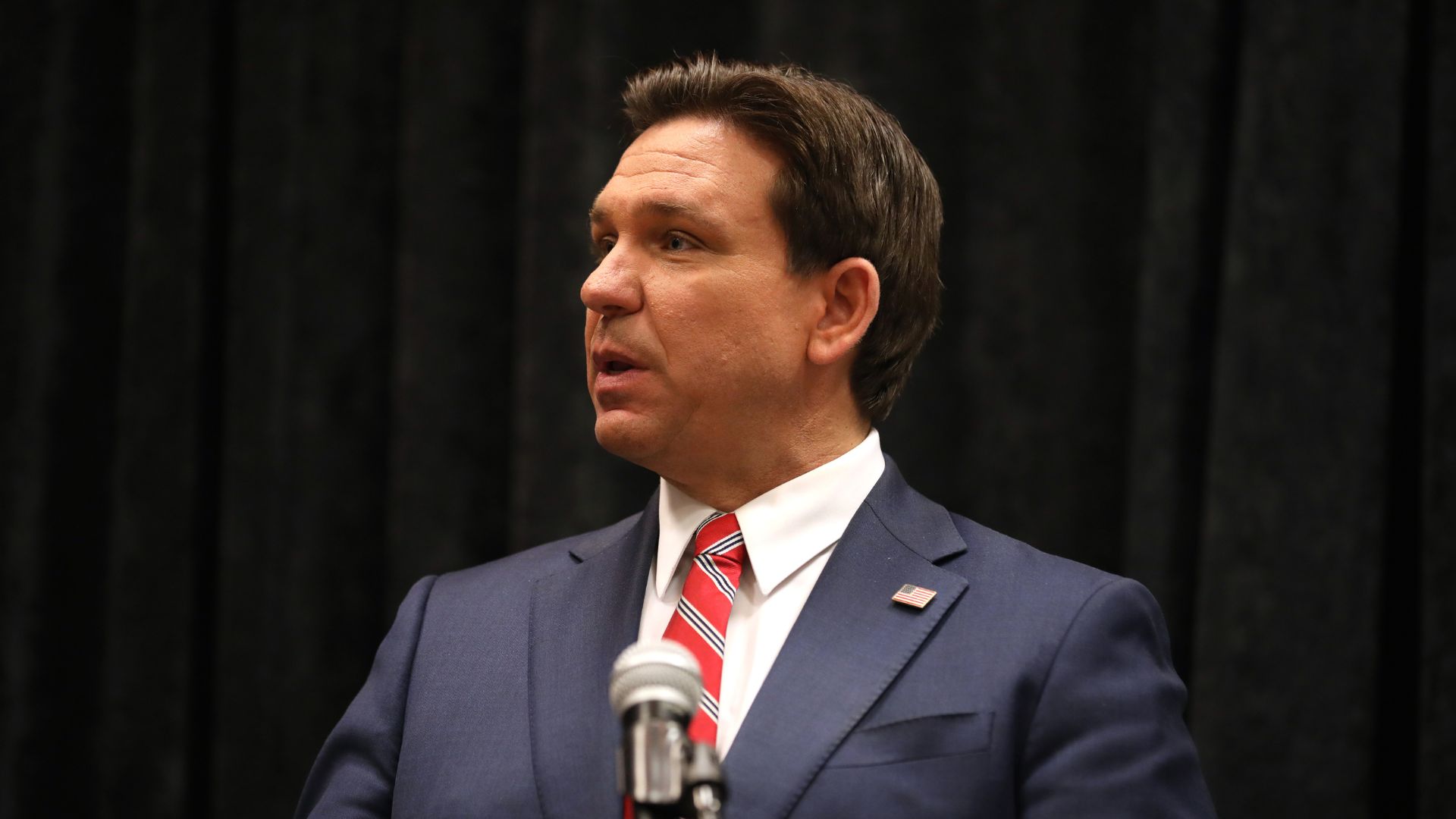
On March 20, DeSantis signed HB 1365 in an effort to “address homelessness and protect the public and quality of life for Floridians.”
“Florida will not allow homeless encampments to intrude on its citizens or undermine their quality of life like we see in states like New York and California,” said a statement by DeSantis. “The legislation I signed today upholds our commitment to law and order while also ensuring homeless individuals have the resources they need to get back on their feet.”
What Does the Law Do?
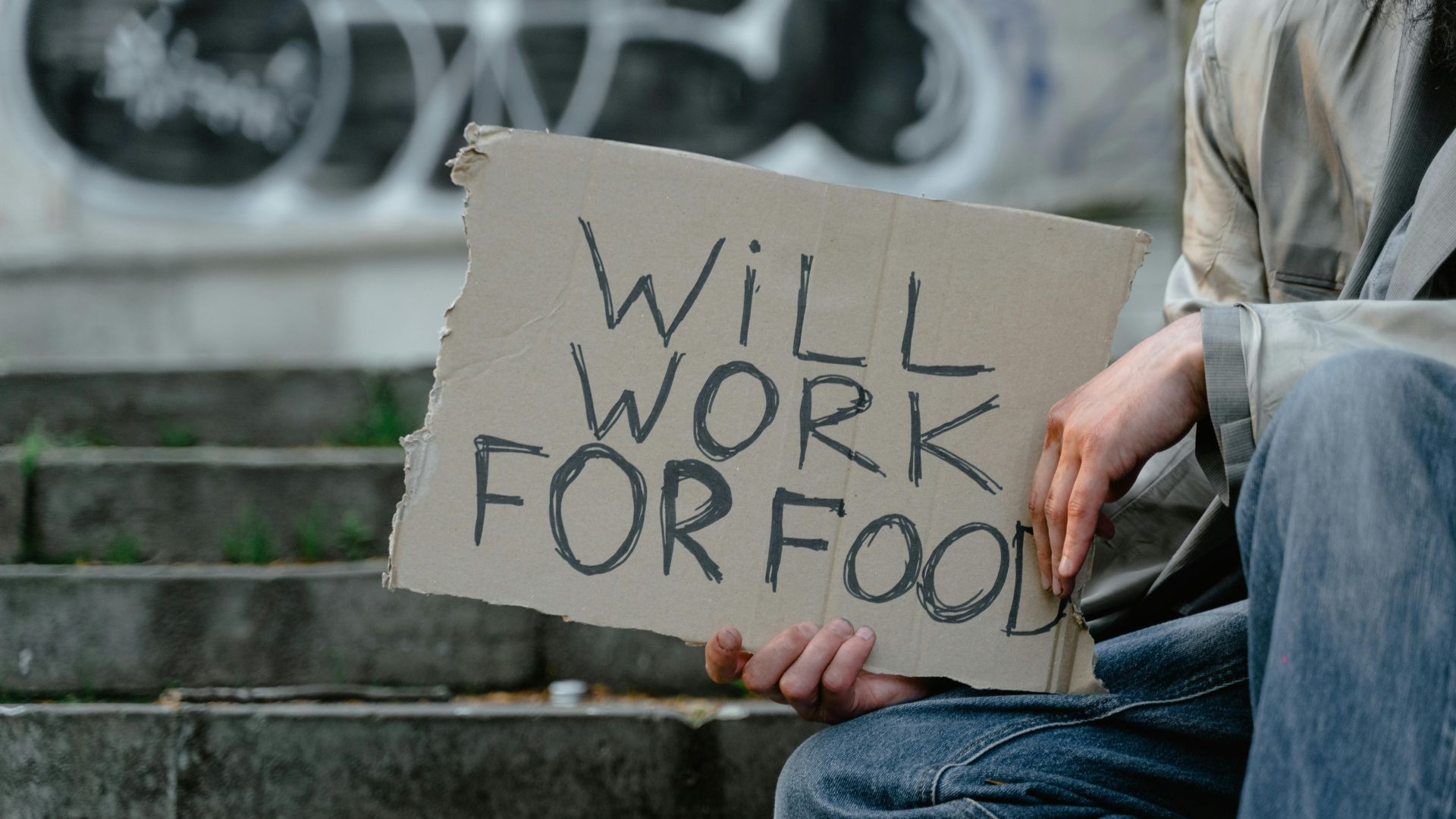
The new law, which goes into effect on October 1, aims to crack down on “unauthorized public camping and sleeping” by prohibiting camping on city streets, sidewalks, and parks. It will also have homeless violators placed in temporary shelters under law enforcement supervision.
The law also mandates that shelters will not allow any occupants to use drugs, and empowers authorities to maintain public health and safety in shelter living spaces.
Serving Our Neighborhoods
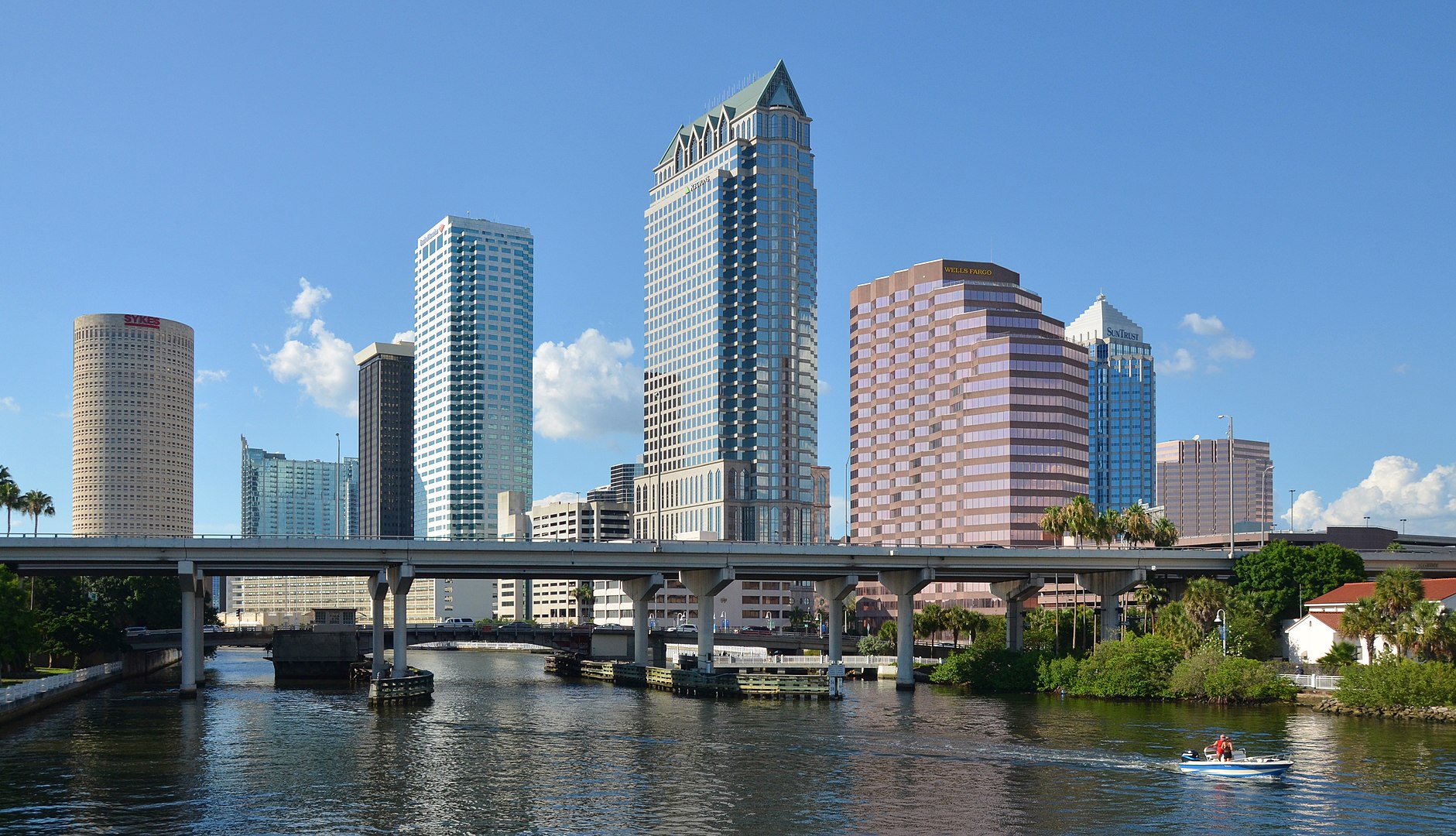
Flordia state senator Jonathan Martin gave a statement in support of the legislation, feeling that its provisions will take some of the burden off the community.
“Many groups from government agencies to non-profits have seen their employees and valuable resources spread thin while helping our homeless neighbors. This bill allows us to take a major step forward by providing a framework for these groups to more efficiently, safely, meaningfully, and effectively serve our neighbors. Further, it returns our parks, sidewalks, and public spaces to their intended uses for all to enjoy,” said Martin.
Officials Scrambling
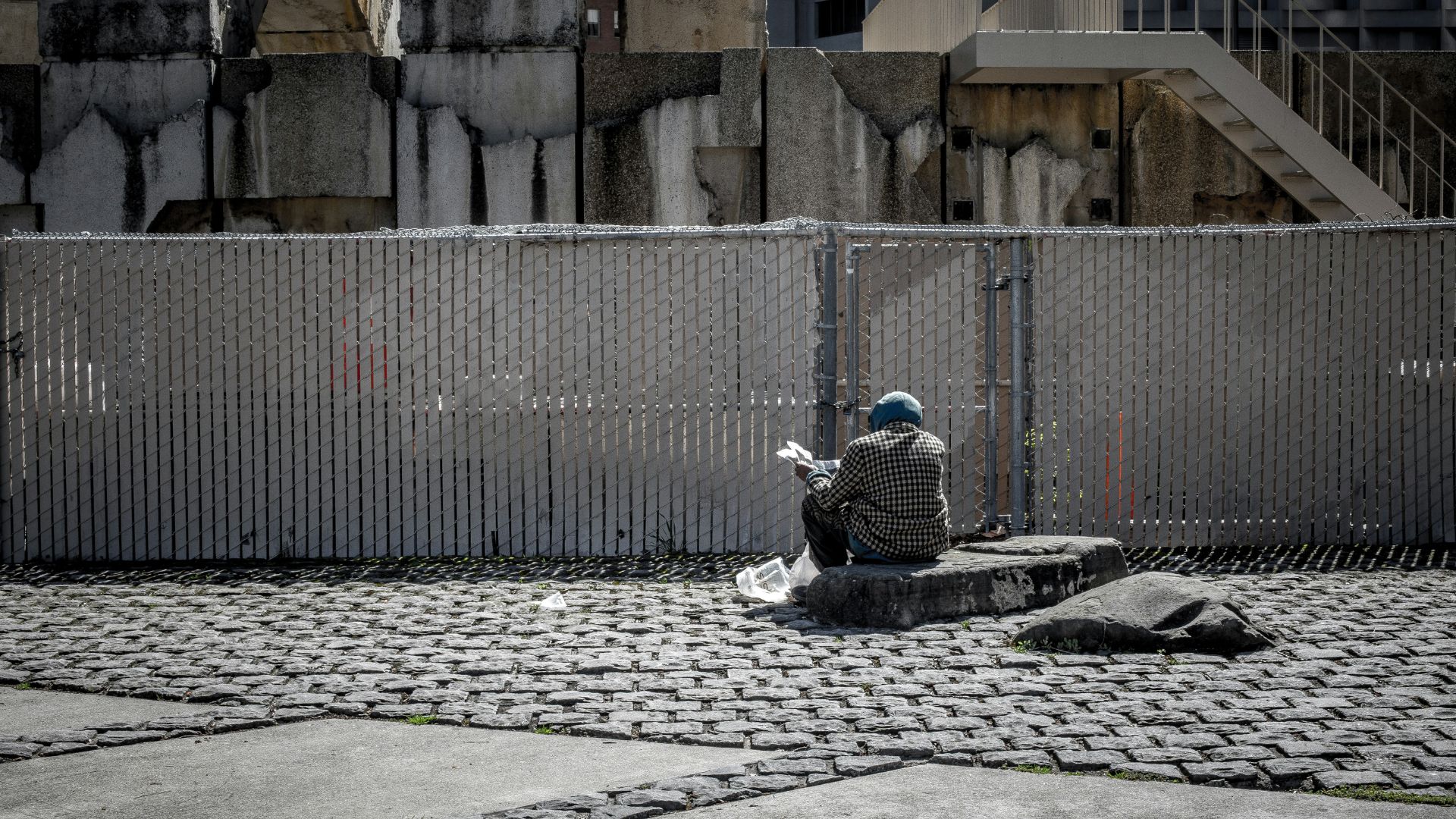
As the October 1 deadline for the law to go into effect is fast approaching, some cities are discovering that getting ready for it is going to be a difficult endeavor.
During a tense meeting at the Fort Lauderdale city commission last week, Mayor Dean Trantalis said the city is struggling to find a way to comply with the order with its lackluster shelter capacity.
Draconian Mandate

Trantalis has come out to openly criticize DeSantis’ law, which he sees as burdening local governments without giving proper support.
“The city is at an impasse because while the state has handed all the communities this draconian mandate, it failed to provide a remedy to partner with us in which to fulfill their expectations,” said Trantalis.
Huge Burden

The mayor outlined significant steps the city of Fort Lauderdale had already been working on in preparation for the mandate steps which he felt massively burdened his constituents.
“We’re doing our best to try to address it. We’ve staffed our police department, our civilian homeless outreach program, we’ve doubled it this past year, because we feel it’s a priority. But the mandate from the state is an onerous burden,” Trantalis said.
Homeless Problem in Fort Lauderdale
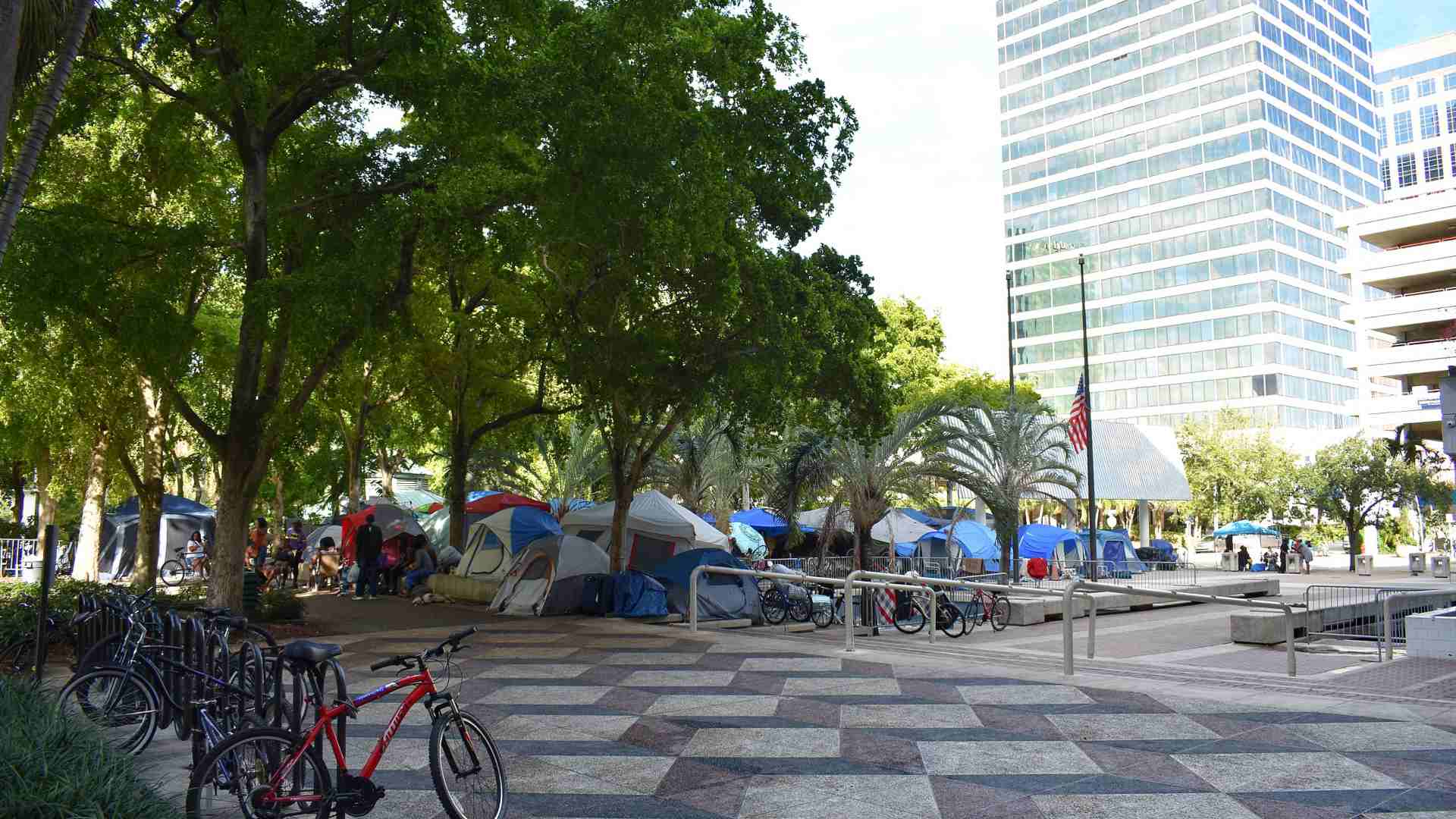
The issue of homelessness has become more pronounced in America and the state of Florida in recent years.
In Fort Lauderdale, the number of unsheltered residents almost doubled between 2022 and 2023, which is higher than the state’s average 18.5% increase and the national increase of 12%.
Exploiting the System

Trantalis also is fearful of resources to pay for homeless programs being lost, especially given a part of the new law which takes effect in January will allow local governments to be sued for failing to stop public camping.
“Any private citizen can sue if the city fails to remedy an encampment situation,” said Trantalis. “This is going to be a cottage industry for a whole new level of lawyers who feel they could take money out of the city instead of applying it towards helping the homeless.”
Tsunami of Lawsuits

The Fort Lauderdale Mayor ultimately feels the law will not do much to help homelessness, given that there is a lack of cooperation from law enforcement and the court system and that the law will only lead to a flurry of legal actions that will hurt Florida cities.
“This is going to be a tsunami of lawsuits that’s going to hit all the cities, and again, will it benefit the homeless? Of course not,” said Trantalis.
Financial Burden

Diana Stanley, who is the chief executive of one of Palm Beach’s largest homeless shelters, predicted in March that the financial burden of the legislation would fall on municipalities and counties. Stanley feels that this approach that punishes local governments with financial penalties is not the correct solution.
“We should be coming together to come up with solutions, not taking punitive approaches,” Stanley said.
Defying the Law

Some officials have gone as far as to state they would be trying to oppose DeSantis’ mandate.
In a September 2 opinion piece published in the South Florida Sun-Sentinel, Broward County Sheriff Gregory Tony urged jail deputies to reject individuals brought in for “municipal ordinance violations” and expressed his belief that “homelessness is not a crime, and the county jail system is not a solution to the homeless crisis.”
